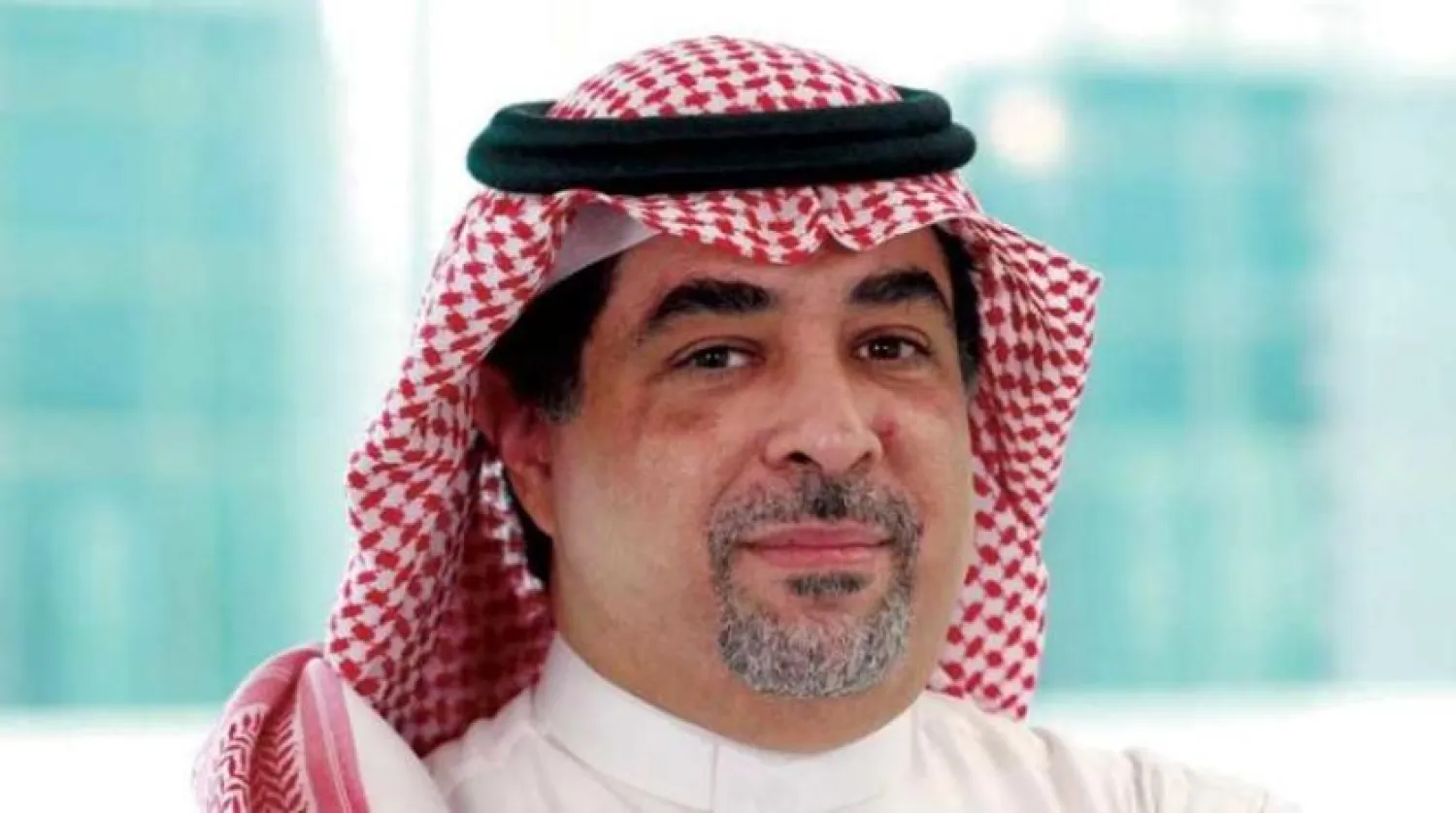Chief Business and Markets Officer at Saudi Real Estate Refinance Company (SRC) Majeed Abduljabbar revealed that his company is planning to issue dollar-denominated sukuk. The move aims to attract foreign investments and protect portfolios through issuing mortgage-backed securities.
This will ensure the flow of investments and secure the necessary liquidity to support the growth of the sector.
Abduljabbar said that SRC seeks to be a major supporter within the housing system. He stressed the company wanting to help the Kingdom achieve its goal of 70% of citizens owning homes by 2030.
SRC has already helped Saudi Arabia raise its rate of citizen home ownership from 47% to 60%.
Since its establishment in 2017, SRC has witnessed strong growth in its business and partnerships in the real estate financing sector.
This growth is part of the various initiatives and programs that the housing sector in Saudi Arabia is witnessing, keeping pace with the goals of the national transformation plan, Vision 2030.
Abduljabbar stressed that within the context of its development role, SRC and its partners from the financing agencies play an important role in helping to reduce the burden on capital and lessen global financial and real estate risks in the future.
“However, the company always strives to balance profits, with the aim of obtaining a fair profit for the purpose of sustainability and achieving its strategy in the real estate market,” said Abduljabbar.
“The objective of establishing SRC is to support liquidity in the real estate finance market to ensure the realization of Vision 2030 in promoting citizens’ ownership of their homes,” he affirmed.
“SRC plays a supportive role in providing liquidity and capital and risk management solutions to financing agencies,” he explained.
“We have worked to provide new sources of financing in the real estate finance market locally and globally.”
“SRC also contributes to supporting the objectives of the financial sector development program by providing real estate refinancing products.”
Abduljabbar clarified that SRC offers refinancing products by purchasing portfolios and finding financing solutions and an effective secondary market. It also does so by actively contributing to the growth of the debt instruments market to increase the diversification of financing options for the private sector and creating a new class of assets for investors.









